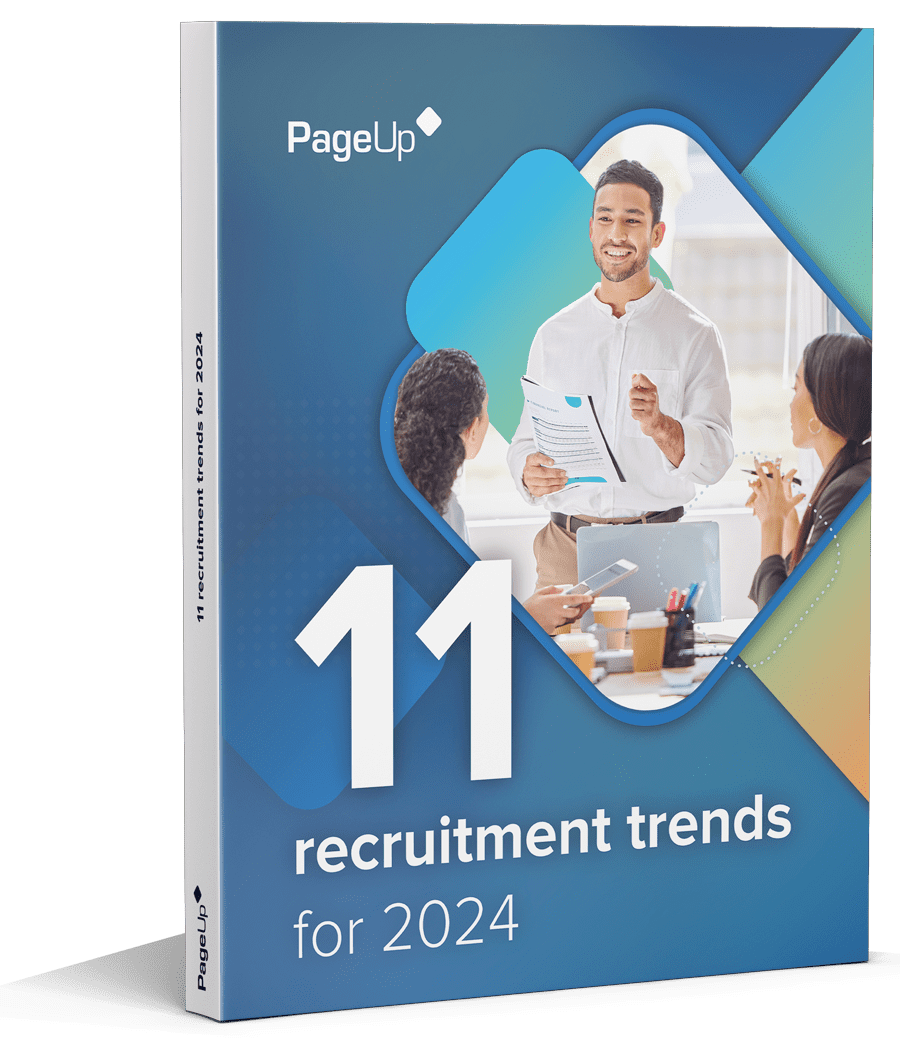The recruitment process begins, in many ways, like a digital treasure hunt. Finding your ultimate gems (top talent), often hinges on your choice of tools. What if you had GPS in your back pocket, specifically designed to find the brightest stars? Here’s where the right recruitment CRM can be your greatest advantage.
What is a CRM for recruiters, and why do organisationsorganizations need one?
Recruitment technology has evolved significantly, with one of the core tools being the CRM: Candidate Relationship Management System. It’s specialisedspecialized software designed to help organisationsorganizations effectively manage and nurture relationships with candidates throughout the recruitment process.
Your CRM can make or break your organisationorganization’s ability to streamline internal operations, enhance the candidate experience, support your employer brand, ensure compliance and data security, and grow your recruitment tech stack into the future. The list goes on.
Let’s explore a few practical steps to ensure you choose the best recruiting software: a CRM that’s well-suited to your organisationorganization’s talent acquisition strategy, recruitment marketing, and hiring needs.
1. Define your objectives
Savvy recruiters understand the value of aligning their talent acquisition strategy with their organisationorganization’s overarching business strategy. So, in choosing an ideal CRM for recruiters, a good place to start is by defining your most urgent hiring priorities and business objectives.
Consider factors such as your organisationorganization’s size, industry, and current stage of growth. Whether you’re a small start-up looking to grow, or a large enterprise managing a constant flow of applications, your objectives may include: streamlining the hiring process, improving the candidate experience, facilitating recruitment marketing, or strengthening your data capabilities. Keep these goals front of mind throughout your decision-making process.
2. Assess your budget
While understanding your recruitment goals is a useful first step, you also need to consider your budget. Keep your priorities in mind —do you need more advanced CRM capabilities, or are you looking for a more basic solution? Review the pricing structure of CRM software options to determine models best-suited to your organisationorganization’s requirements and financial considerations.
Subscription-based (software-as-a-service) options are by far the most common, popular, and trusted choice for businesses of all sizes. Why? These recruiting software models typically offer predictable fees, automatic updates, and invaluable training and customer support. They’re also scalable with useful integration capabilities to grow your recruitment tech stack.
Other software options, such as one-time purchases, open source, freemium (free versions with limited features) or pay-per-user solutions are available — but present certain, and potentially unforeseen, complications down the line.
If you’re weighing up the total cost of recruitment CRM ownership, consider critical features such as scalability, flexibility, maintenance, training, and support.
3. Research and shortlist
When it comes to making any important decision, thorough research can be your saving grace. Read reviews and seek recommendations from industry peers to create a shortlist of recruitment CRM solutions aligned with your organisationorganizationn’s unique recruitment requirements. And beyond assessing surface-level features, consider providers’ reputation, resources, and customer support offerings.
4. Evaluate features and customisationcustomization capabilities
Take your research one step further by evaluating features, such as candidate sourcing, communication, reporting and integration capabilities (with, for example, recruitment marketing and assessment tools). Consider too, if you need flexibility and customisationcustomization abilities to meet your recruitment needs. For example:
- Job-specific workflows
- Unique candidate data fields
- PersonalisedPersonalized communication templates
- Role-based access control for internal team members, to enhance data security and compliance
- Integration capabilities with other recruitment tools, such as recruitment marketing systems, assessment platforms, video interviewing software, or background check services
- Reporting and analytics
- Automated candidate scoring systems
- Multi-language support
- Advanced search capabilities
- CustomisedCustomized feedback and evaluation forms for internal collaboration.
Understanding a recruitment CRM’s customisationcustomization capabilities can go a long way in creating a seamless fit, improving efficiency, and maximisingmaximizing recruitment productivity.
5. Demo and compare
Finally, it’s time to get some first-hand experience of your best recruiting software options. Reach out to shortlisted providers to request demos, to dive deep into the real-world functionality of the solution. While you’re evaluating tools, assess the system’s user-friendliness, scalability, customer support and data security measures. Keep your talent acquisition strategy and overarching business strategy goals in mind. Ensure the solution and vendor you choose can grow alongside your organisationorganization, adapt to your evolving recruitment demands, meet compliance requirements —and ideally, partner with you to achieve your hiring goals.
In an ever-evolving business landscape, the best CRM for recruiters is a compass guiding you towards your recruitment goals. Its vital role in recruitment has made it less of an option, and more of a strategic imperative. And your choice is about more than just software —it’s about shaping your organisationorganization’s future. By defining objectives, assessing your budget, conducting research, evaluating features, and testing thoroughly, you’ll unlock the power of a CRM to attract top talent and supercharge your recruitment efforts.
Fresh insights for HR
Stay up to date with HR trends, tips and more when you sign up for our industry newsletter





